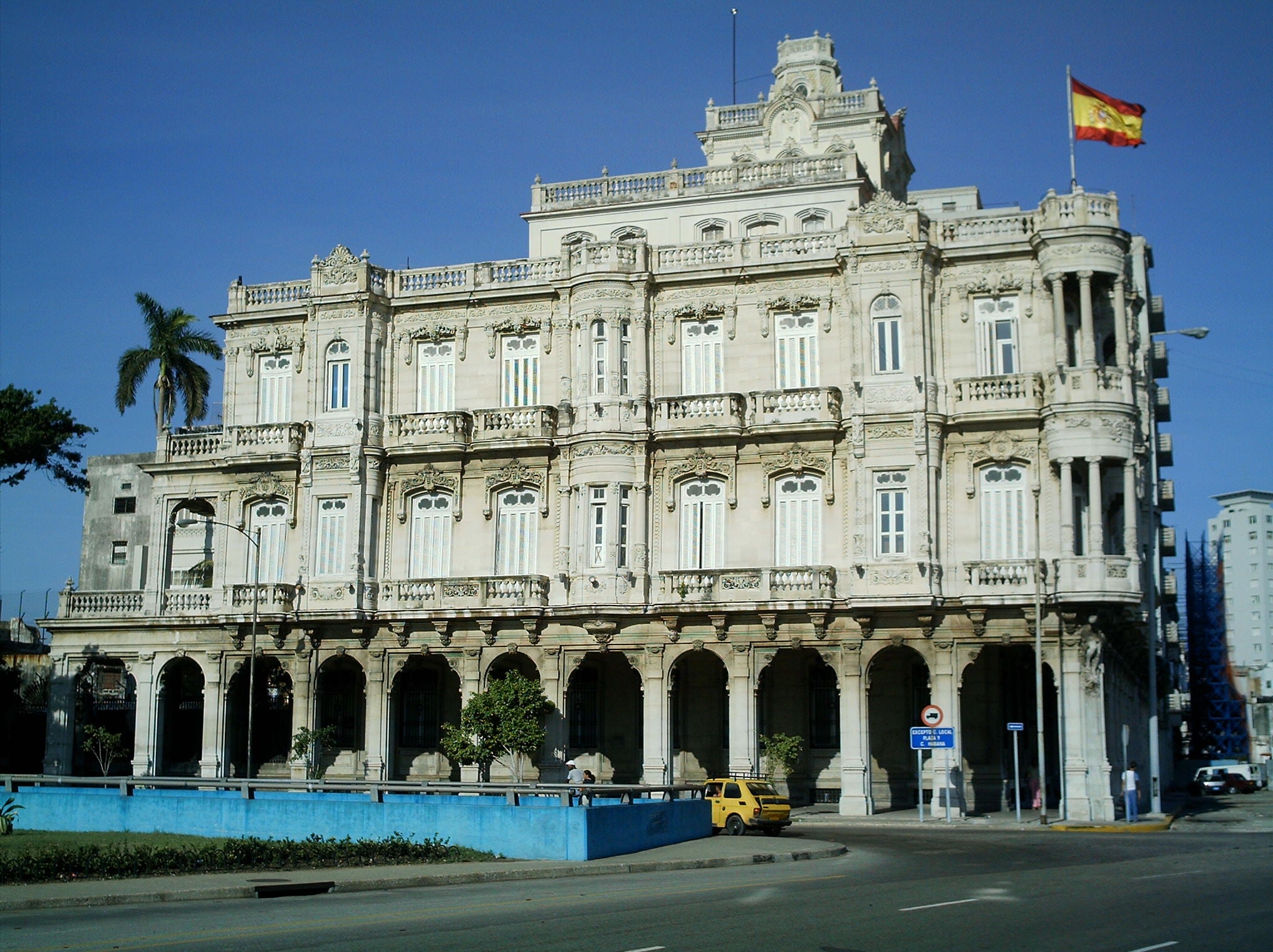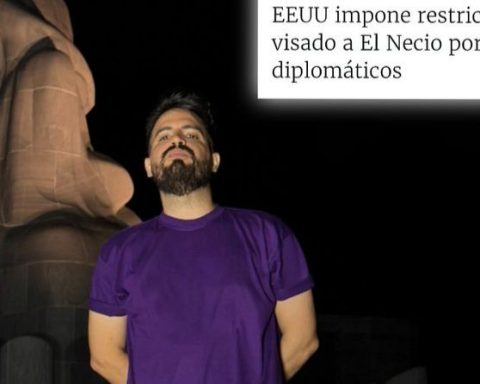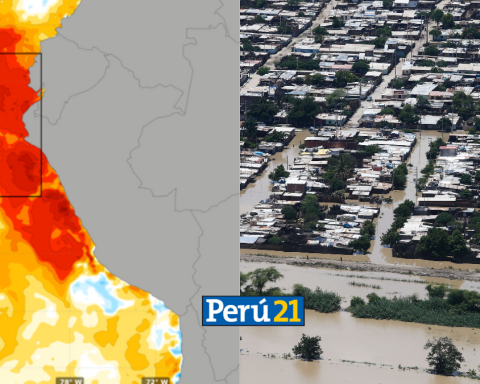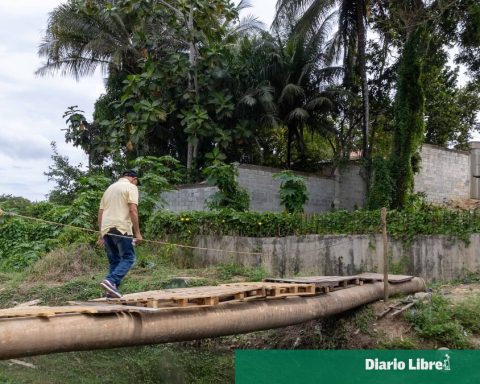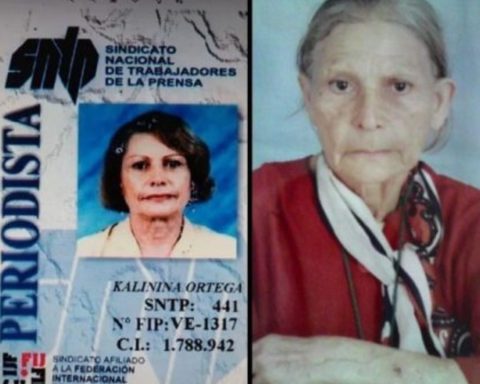The plenary session of the Senate Spain approved this Wednesday the project of Democratic Memory Lawregulation that among its provisions includes one that would benefit thousands of descendants, including Cubans, by obtaining Spanish nationality.
After five hours of “bitter debate” and crosses of reproaches between the representatives of the government parties and the opposition, the proposal sent by the Congress of Deputies was approved with a close vote of 128 in favor, 113 against and 18 abstentions. , in accordance with international media.
Despite the tight vote, the new Democratic Memory Law promoted by the Spanish government and its allies should enter into force one day after its publication in the Official State Gazette (BOE), something that is expected to happen in the next days.
That procedure would be the definitive one, since no modification has been incorporated into the text now approved with respect to the one signed on July 14 in the plenary session of the Congress of Deputies, so it will not need a new endorsement in that legislative instance.
? The #General cuts have definitely approved the #Bill of Democratic Memory.
▶️Video of the debate and vote: https://t.co/ycThlfwYHB pic.twitter.com/1c0Q0ZD44d
– Senate of Spain (@Senadoesp) October 5, 2022
The regulation supposes a deepening in the Law of Historical memory passed in 2007, and which, among other things, allowed many descendants of Spaniards, including thousands of Cubans, to access the citizenship Spanish as a way to legally emigrate or travel to the Iberian nation with greater facilities.
After having received the green light in the Council of Ministers, the Democratic Memory Law went through a lengthy parliamentary process until last June when the Government obtained —through negotiations and the pact of amendments— the necessary support from minority parties to approve it, in the face of strong opposition from the Popular, Citizens and Vox parties.
The law about to come into force reinforces the commitment of the Spanish State in the search for the disappeared from the Civil War, as well as the recognition of the victims of Francoism, and opens the door to study possible violations of human rights committed between 1978, when the process of Transition to Democracy began, and the end of 1983, according to press reviews.
In another of the previous agreements, an amendment was introduced to declare the illegality and illegitimacy of the courts, juries and any other criminal and administrative bodies created after the 1936 coup d’état, for persecution for political or conscientious reasons.
In addition, in its eighth additional provision, referring to obtaining Spanish nationality, it includes three assumptions, among them the one that would allow “those born outside of Spain of a father or mother, grandfather or grandmother, who were originally Spanish, and who, as a consequence of having suffered exile for political, ideological or belief reasons, had lost or renounced their Spanish nationality”.
It also opens this possibility to the “sons and daughters born abroad of Spanish women who lost their nationality by marrying foreigners before the entry into force of the 1978 Constitution”, and to the “sons and daughters of legal age of those Spaniards whose nationality of origin was recognized by virtue of the right of option in accordance with the provisions of this Law or in the Seventh Additional Provision of Law 52/2007, of December 26”.
The proposal also clarifies that those who meet these assumptions must formalize their applications “within two years from the entry into force of this law. At the end of this period, the Council of Ministers may agree to extend it for one year.
For now, applicants to carry out the procedures must wait for the publication of the regulations in the BOE since it transcends the legal regulations that will govern its implementation and the approval of the 2023 General Budgets that will make the application of the new regulations possible.
The Consulate of Spain in Havana warned last September through its social networks that “before the consultations received”, the Democratic Memory Bill was then in parliamentary process.
At that time, the consulate assured that it would inform “in a timely manner, by this and other means, of its eventual entry into force and, where appropriate, of the subsequent regulatory development.”
